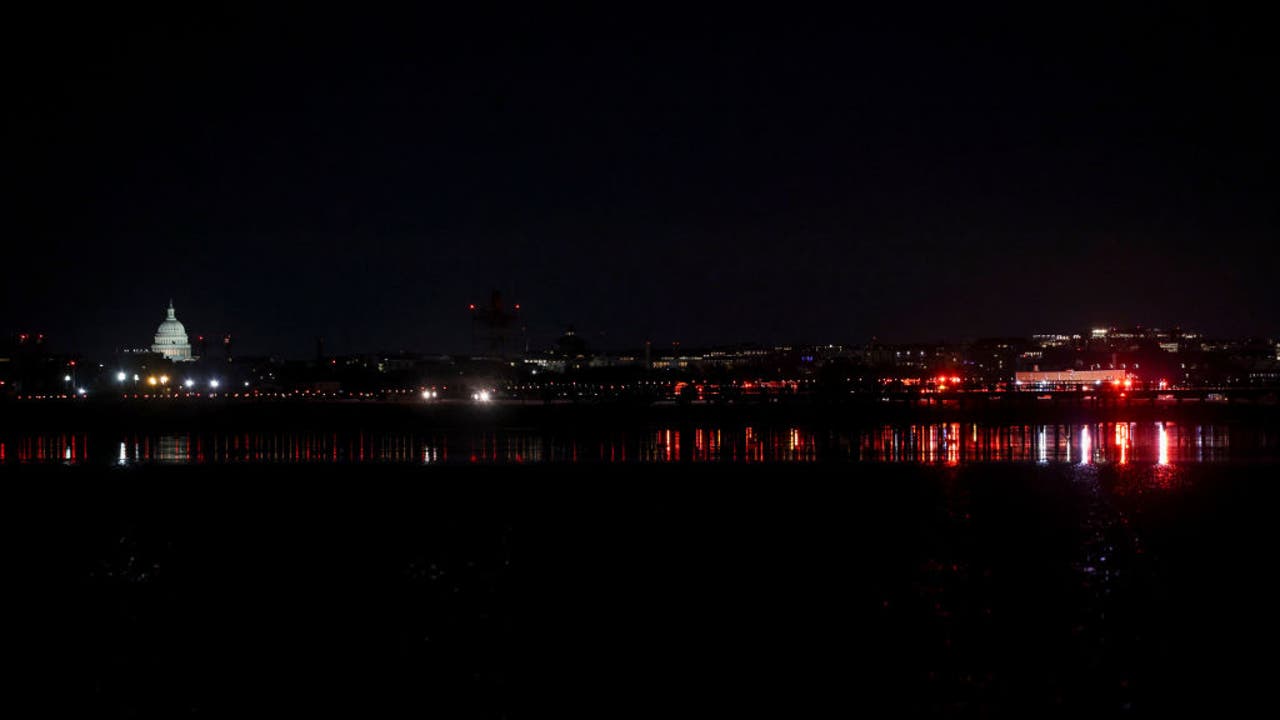Even if a publisher decides to adjust book pricing to account for increased costs from potential tariffs, those prices would need to be decided far in advance. People browse books at an Indigo store in Toronto, on Sept. 23, 2022.Christopher Katsarov/The Globe and Mail
Independent Canadian book publishers face escalating costs and rampant confusion as they navigate U.S. President Donald Trump’s proposed 25-per-cent tariffs at a moment in which they also feel squeezed by major multinationals and fearful of public funding cuts.
Though Prime Minister Justin Trudeau said on social media late Monday afternoon that U.S. tariffs on Canadian imports would be paused for 30 days following a conversation with Trump, the publishing world remains mired in uncertainty given the long lead times required to price, print and ship books.
Some presses, such as B.C.’s Douglas & McIntyre and Harbour Publishing, have tried to proactively move inventory across the border and are reconsidering where to print their books. Others, such as Halifax’s Nimbus Publishing and Vagrant Press, are weighing whether absorbing any added cost would make it even worth selling some titles in the U.S. “Sometimes the margins aren’t even there to begin with,” says Terrilee Bulger, Nimbus’s general manager.
Canadian publishers such as Toronto’s ECW Press usually send their books to U.S. distributors on consignment. Even if a publisher decides to adjust book pricing to account for increased costs from potential tariffs, those prices would need to be decided far in advance. “If we raise the price beyond what the market can bear, and then there is no tariff, two months from now when the book ships, we’ve kind of screwed ourselves,” said David Caron, co-publisher of ECW, which does between 30 and 60 per cent of its sales in the U.S. depending on the year.
Norm Nehmetallah, publisher of Picton, Ont.’s Invisible Books, said that bumping up prices would likely be ill-advised at a moment when “people will have less money to spend on books,” with prices expected to surge elsewhere. “If I have to send, say, 1,000 books from the printer to the U.S. warehouse, if I’m literally going to get a bill in the mail for 25 per cent of the manufacturing cost of those books, then probably we’re done shipping books to the U.S.,” he added.
Jack Illingworth, executive director of the 115-member Association of Canadian Publishers, said Monday that he was trying to figure out the technical details ahead of potential tariffs to share with members – some of whom do more than half their business in the United States.
“Is the tariff going to be on the manufacturing cost of the book, or the discounted cost at which it’s sold to a bookseller, or on the full retail cost? Due to the way the Trump administration has rolled this out, answers are pretty thin,” Illingworth said. “I think we’re all prepared for a massive slowdown of trade across the border as they actually work these kinks out.”
Back in November, when Trump first publicly mulled his tariff plans, Rocky Mountain Books publisher Don Gorman began developing a strategy document to try to understand their potential impact. He wound up sharing the advice-filled paper with other Canadian presses – including encouraging them to get inventory into the U.S. as quickly as possible, setting aside contingency funds, and using domestic printers whenever possible.
While some publishers avoid printers in China over censorship concerns, Gorman recommended contacting printers in countries such as South Korea, Vietnam, Thailand and Indonesia when looking overseas.
Much of the Canadian publishing market is cornered by the multinationals Penguin Random House, Simon & Schuster and HarperCollins. The book-industry non-profit BookNet Canada has found that Canadian-owned publishers accounted for just 5.3 per cent of sales of English-language print trade books last year.
This sheer market dominance by companies who already boast the world’s most popular titles, ECW’s Caron says, is evidence of a trade deficit favouring the U.S. “Far more American books are sold in Canada than Canadian books are sold in the U.S.,” he said. At a moment when consumers are trying to buy Canadian, he said this prompts a question around true provenance: “Are they going to recognize Canadian books that are Canadian authored, Canadian printed, Canadian published?”
Bulger, Nimbus’s general manager, said that the tariff threat could mark an opportunity for governments to shift how they support publishing.
“So much of government investment is on exports,” she said. “If that was redirected, at least in part, to investing in marketing here at home, if we can get a bigger market share of that, I think that would be huge not just for Canadian publishers, but all Canadian makers and creators.”
Canada’s list of goods that will face retaliatory tariffs does not yet include books, but Ottawa has said it will expand that list in three weeks.














